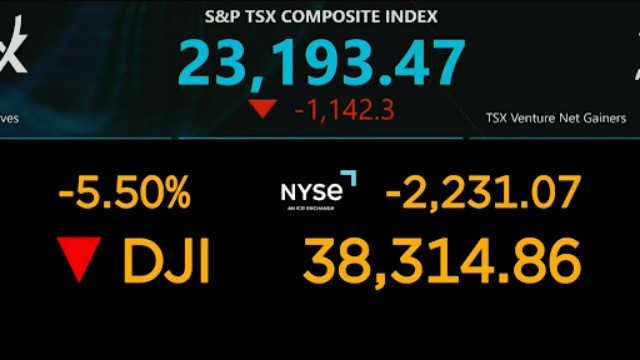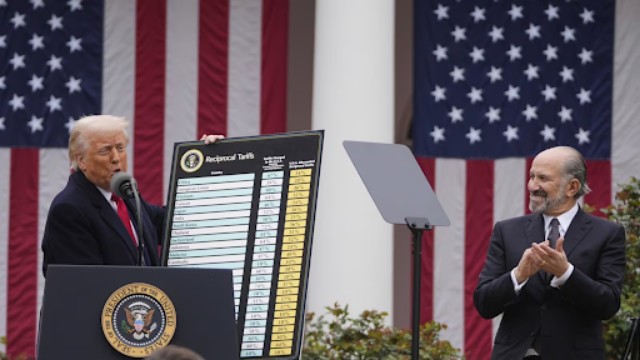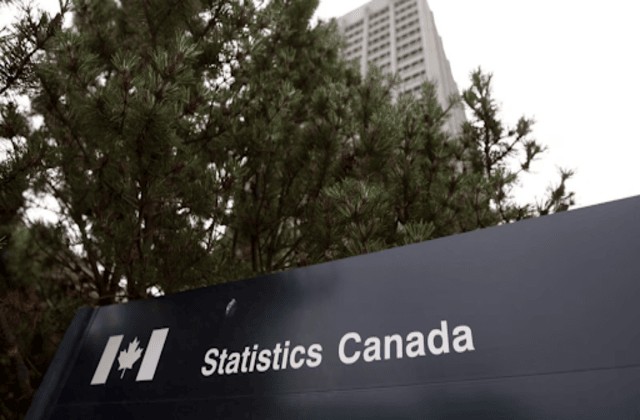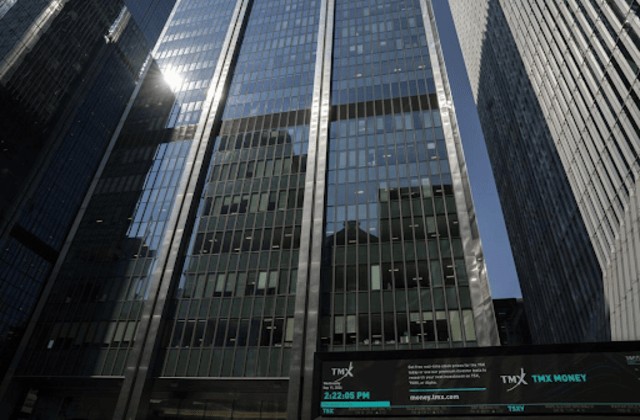
Japan's stock market surged by almost 11% today, following significant declines in Wall Street yesterday.
Japan’s stock market experienced a significant rebound on Tuesday, with the Nikkei 225 index closing over 10% higher. This surge came just a day after a steep decline that affected markets in both Europe and the United States. Other Asian markets also showed recovery, though less dramatically, suggesting a return to stability after a volatile start to the week.
Monday was marked by a major downturn reminiscent of the 1987 crash, with fears about a slowing U.S. economy triggering widespread sell-offs. The Nikkei surged by nearly 11% early on Tuesday, fluctuating throughout the day, and eventually closed up by 3,217.04 points, settling at 34,675.46. This followed a 12.4% drop the previous day, prompting investors to seek bargains.
On Monday, the U.S. stock market also faced significant losses. The S&P 500 fell by 3%, marking its worst day in almost two years, ending at 5,186.33. The Dow Jones Industrial Average dropped by 1,033 points, or 2.6%, closing at 38,703.27. The Nasdaq composite saw a 3.4% decline, closing at 16,200.08, with tech giants like Apple and Nvidia seeing notable declines.
The sell-off that started last week was exacerbated by a report indicating U.S. employers had significantly slowed hiring in the previous month, raising concerns that the Federal Reserve's high-interest rates were overburdening the economy. Despite a report on Monday showing stronger-than-expected growth in U.S. services, the market remained jittery.
Professional investors noted that technical factors might have amplified the sharp losses. For example, South Korea’s Kospi index dropped by 8.8%, and Bitcoin fell below $54,000 on Monday, down from over $61,000 on Friday. Even gold, typically a safe investment, fell by about 1%.
By Tuesday, most Asian markets aside from Singapore had recovered. The Kospi rose by 4.3%, the Hang Seng in Hong Kong was up by 0.5%, and Australia’s S&P/ASX 200 increased by 0.3%. Taiwan’s Taiex, which had dropped by 8.4% the day before, rose by 1.2%. The Shanghai Composite index, which had largely avoided Monday’s turmoil, increased slightly to 2,861.87.
The recent market turmoil reflected fears that prolonged high interest rates might have caused enough economic damage to necessitate an emergency rate cut by the Federal Reserve. The yield on the two-year Treasury briefly fell below 3.70% on Monday morning, a significant drop from 5% in April, but later recovered to 3.89%.
Brian Jacobsen, chief economist at Annex Wealth Management, remarked that while the Fed might intervene with a significant rate cut, such actions are typically reserved for true emergencies, such as the COVID-19 pandemic. With the U.S. unemployment rate at 4.3%, an emergency cut seemed unlikely.
Despite the recent declines, the U.S. economy continues to grow, and the stock market has seen substantial gains this year. The recent downturn might be a correction from a period of excessive growth driven by the hype around artificial intelligence technology. Expectations for corporate earnings remain high, with projected strong growth for S&P 500 profits.
Upcoming U.S. elections could further influence the market, with economic performance playing a crucial role in shaping voter sentiment and policy outcomes. The Bank of Japan’s recent decision to raise its main interest rate from nearly zero also contributed to Monday's decline in Tokyo, impacting currency values and global investment strategies.
On Tuesday, the dollar rose to 145.33 yen, up from 144.17 yen the previous day. Tech stocks, particularly those dubbed the “Magnificent Seven” like Apple and Nvidia, saw significant declines. Apple dropped 4.8% after Warren Buffett’s Berkshire Hathaway reduced its stake in the company. Nvidia fell by 6.4% amid reports of delays in its new AI chip. Alphabet also fell by 4.4% after a judge ruled that Google’s search engine had been stifling competition.
Global tensions, such as the Israel-Hamas conflict, continue to impact market stability. Early Tuesday, U.S. crude oil prices rose by $1.18 to $74.12 per barrel, while Brent Crude increased by $1.00 to $77.30 per barrel. The euro edged up slightly to $1.0956.















